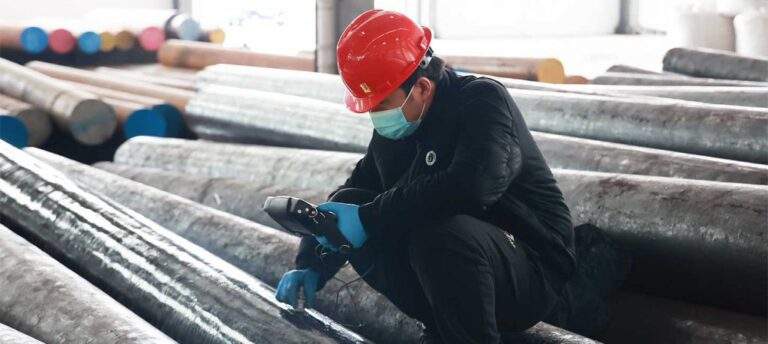Top Benefits of Using 1050 Steel in Construction
In the realm of construction, selecting the right materials is crucial for ensuring structural integrity, longevity, and performance.

Introduction In the realm of modern manufacturing, materials play a crucial role in determining the performance, durability, and cost-effectiveness of products. High strength low alloy (HSLA) steel is a notable material in this context, offering a blend of strength, toughness,…


